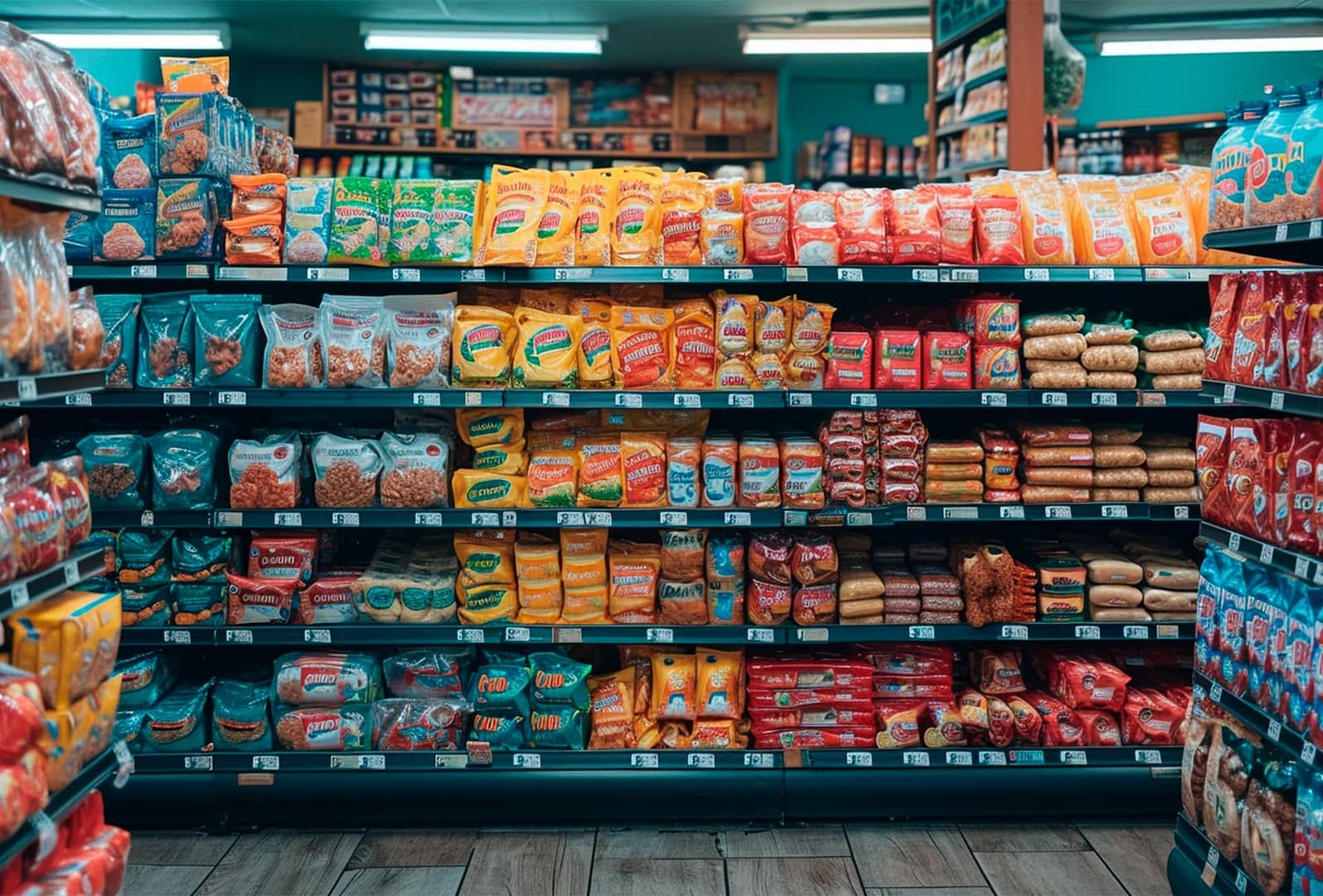 30.6K reads
30.6K readsHealth
WHO Reports Hundreds of Thousands of Annual Deaths in Europe Linked to Ultra-Processed Foods

Ultra-processed food, along with alcohol, fossil fuels, and tobacco, is linked to over 2.7 million deaths annually in Europe, with the WHO attributing a significant portion of global deaths and noncommunicable diseases to these products. The report also criticized the food and beverage industry for exploiting global inequality to oppose taxes on unhealthy products and recommended governments implement stronger regulations to combat the negative health impacts.
Ultra-processed food is responsible for about 391,000 deaths annually in Europe, according to a new report from the World Health Organization.
Along with alcohol, fossil fuels and tobacco, the WHO said the four industries are responsible for more than 2.7 million deaths per annum on the continent, about one-quarter of all fatalities.
“It is estimated that at least one-third of total global deaths [19 million] and 41 percent of noncommunicable disease deaths are attributable to just four commercial products: tobacco, ultra-processed foods, fossil fuels and alcohol,” the WHO wrote.
See Also:Health NewsThere is no formal definition of ultra-processed food. However, the widely used classification established by Nova says ultra-processed foods are “formulations made mostly or entirely from substances derived from foods and additives” with negligible use of raw or natural foods in the preparation.
The report found that diets high in sodium are responsible for 252,187 deaths annually, 2.27 percent, followed by diets high in processed meat (117,290 deaths, 1.07 percent), diets high in sugar-sweetened beverages (15,606 deaths, 0.14 percent) and diets high in trans fatty acids (6,056 deaths, 0.05 percent).
The WHO report follows separate research published in the British Medical Journal that connected high consumption of ultra-processed foods to more than 30 health issues.
“Consistent evidence shows that higher exposure to ultra-processed foods is associated with an increased risk of 32 damaging health outcomes including cancer, major heart and lung conditions, mental health disorders and early death,” Melissa Lane, the study’s lead author from Deakin University in Australia, told Olive Oil Times in an April 2024 interview.
The WHO report went further and accused the producers of ultra-processed foods of exacerbating their products’ impact on noncommunicable diseases by lobbying governments and influencing public policy, especially during the Covid-19 pandemic.
“An analysis of corporate social responsibility practices during the Covid-19 pandemic showed the four ways in which corporations that were producing health-harming and potentially health-harming products, including tobacco, alcohol, fossil fuels and ultra-processed food and drink, took advantage of the pandemic, based on examples from more than 90 countries,” the WHO wrote.
“Companies used the crisis to portray themselves and their products in a positive light, and to use it as an opportunity to build relationships with governments, increase the scope for lobbying and incorporate messaging on their contribution to the pandemic response into their marketing,” the report added.
Indeed, Serge Hercburg, the creator of Nutri-Score, a front-of-pack labeling system being considered by the European Commission for mandatory adoption across the bloc, has long accused the food industry of spreading disinformation to undermine Nutri-Score.
See Also:Some Ultra-Processed Foods Are Addictive, Like TobaccoThe WHO report also accused commercial actors in the food and beverage industry of exploiting the concept of global inequality to oppose attempts to raise taxes on ultra-processed food and drink.
The WHO contends that the industry labels these policies as regressive taxes aimed at low-income communities while working to lower the prices of its products and target these communities with aggressive marketing and sales tactics.
“This includes, for example, reshaping environments so that, in some areas, particularly deprived areas, it can be hard to access healthy food,” the report said.
However, food and beverage industry officials have criticized the report as disingenuous.
“To connect the consumption of processed foods with the tobacco and fossil fuel industries is irresponsible and outrageously misleading,” Rebecca Fernández, the science director of FoodDrink Europe, a trade association, told Food Navigator.
“Well-established food nutrition science the world over tells us that the best way to tackle obesity and non-communicable diseases is to focus on the nutrition content of a food and how often you consume it in conjunction with what type of lifestyle you lead,” she added.
Along with criticizing the food and beverage industry, the WHO report recommended governments adopt stronger regulations and legislation to curb the marketing of health-harming products, increase the transparency of lobbying and conflicts of interest in industry-funded health research, raise taxes on multinationals and increase funding for civil society groups focused on promoting public health.
“By implementing these strategies, the region can accelerate progress towards global non-communicable disease targets and Sustainable Development Goals by 2030,” the report concluded.









